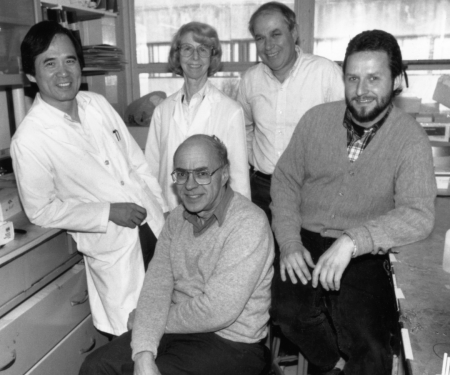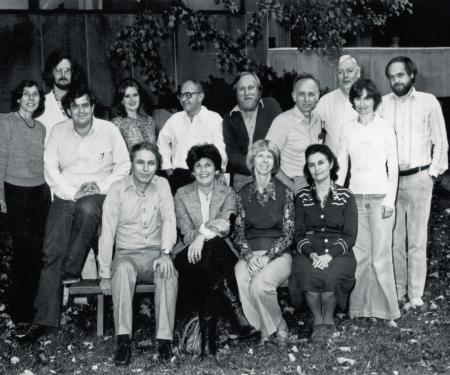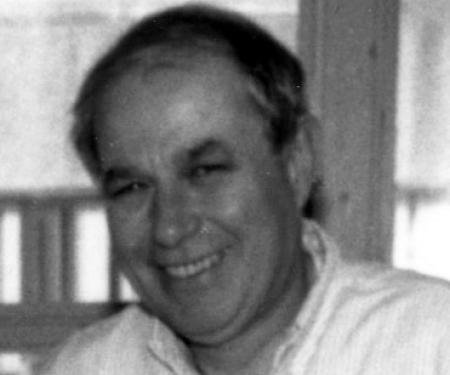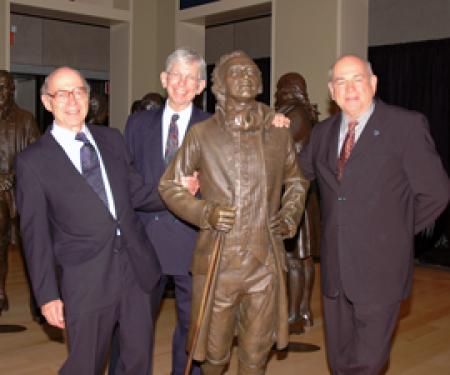Related Articles
00 / 00
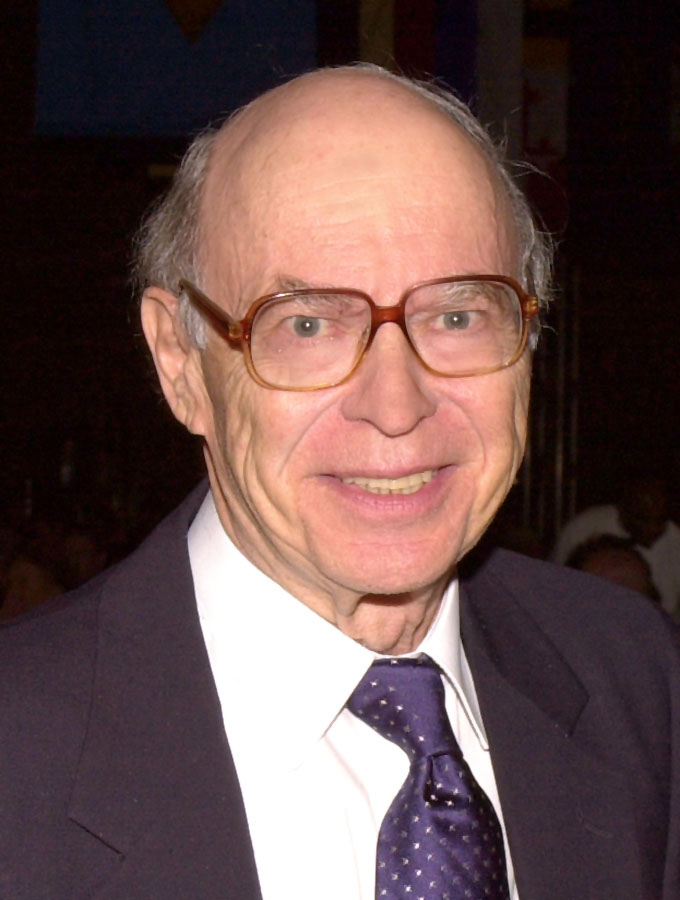
Fox Chase scientist Irwin A. "Ernie" Rose, PhD (1926-2015), working with Avram Hershko, MD, PhD, and Aaron Ciechanover, PhD, both from the Technion-Israel Institute of Technology in Haifa, Israel, won the 2004 Prize for a series of epoch-making biochemical studies on the breakdown of proteins within cells.
Starting in the late 1970s, much their work was conducted during a series of sabbatical leaves that Hershko and Ciechanover spent as visiting scientists in Rose's laboratory at Fox Chase Cancer Center.
The focus of the Nobel Prize-winning research is the regulatory protein ubiquitin—so named because it is ubiquitous in the cells of animals and plants. Ubiquitin serves as each cell's internal garbage disposal, using an enzyme system to target unwanted proteins for breakdown and recycling once their specific task within the cell is done. Along with recycling products the cell no longer needs, ubiquitin helps regulate the important proteins that control cell reproduction.
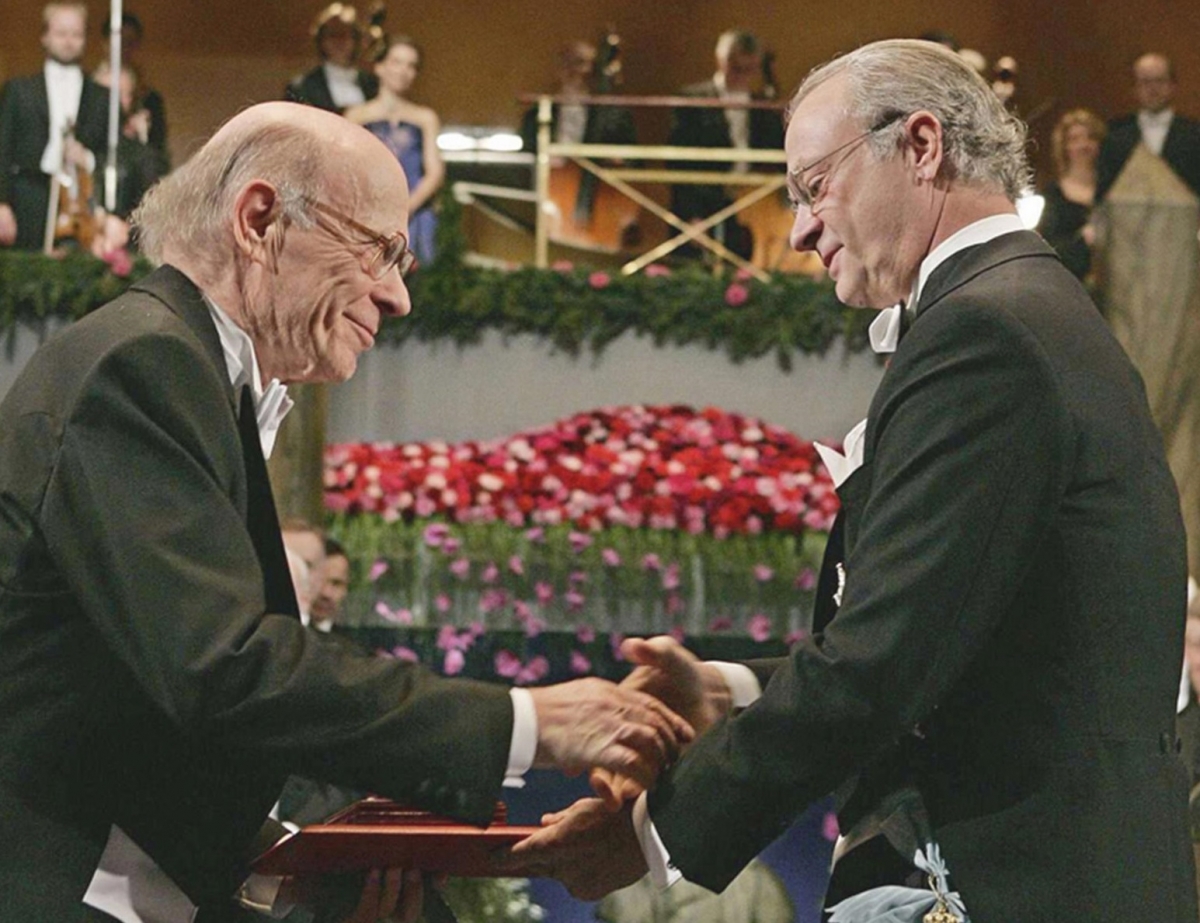
"For the discovery of ubiquitin-mediated protein degradation"
Nobel Committee
